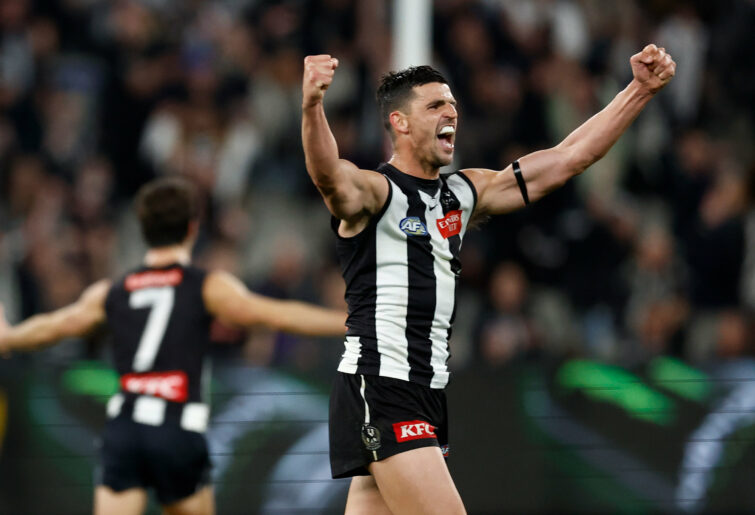Collingwood’s recent season has left fans pondering the future, especially after missing out on the finals. Coach Craig McRae has made it clear that the club’s approach to the upcoming trade period will prioritize acquiring players over relying on draft picks. In a recent interview, McRae stated, “I don’t want picks, I want players.” This desire for immediate improvement is understandable, yet it raises concerns about the sustainability of this strategy.
McRae’s perspective is partly inspired by successful models, such as Geelong’s consistent finals appearances. He notes that teams like Sydney have bolstered their rosters with strategic trades, enhancing their competitiveness. However, the distinction between merely making finals and actually winning championships must be acknowledged. While McRae admires Geelong’s approach, one must ask: does this mean striving for mere participation rather than outright success? The conversations between James Bartel and Eddie McGuire highlight this very tension—McGuire views success broadly, while Bartel emphasizes the importance of premierships.
The historical context of Geelong’s achievements is pivotal. Their 2011 premiership was rooted in a strong list built largely through the draft, featuring stars like Joel Selwood and Tom Hawkins. They did trade for Brad Ottens, but the core of their success was developed over years through nurturing young talent. Following that triumph, Geelong maintained a commendable competitive edge, finishing consistently high on the ladder. Yet, even during this period, they often fell short of winning, suggesting that being competitive doesn’t guarantee ultimate success.
In recent years, clubs like St. Kilda and Hawthorn have faced declines after relying too heavily on trading to replenish their squads. Collingwood must be wary of this pitfall, especially as seasoned players like Scott Pendlebury approach the twilight of their careers. The challenge lies in finding suitable replacements through trades, which may not always yield the same caliber of talent as drafting. The history of past trades, where the club has sometimes overpaid, amplifies this concern.
As the AFL landscape evolves, prioritizing trades over draft picks could be risky. The success of teams in the modern era—like Richmond and Brisbane—highlights the importance of strategic drafting coupled with selective trades. If Collingwood is to navigate its future successfully, it must find a balance between these strategies, ensuring that its decisions today do not jeopardize its chances for sustained success in the years to come.

